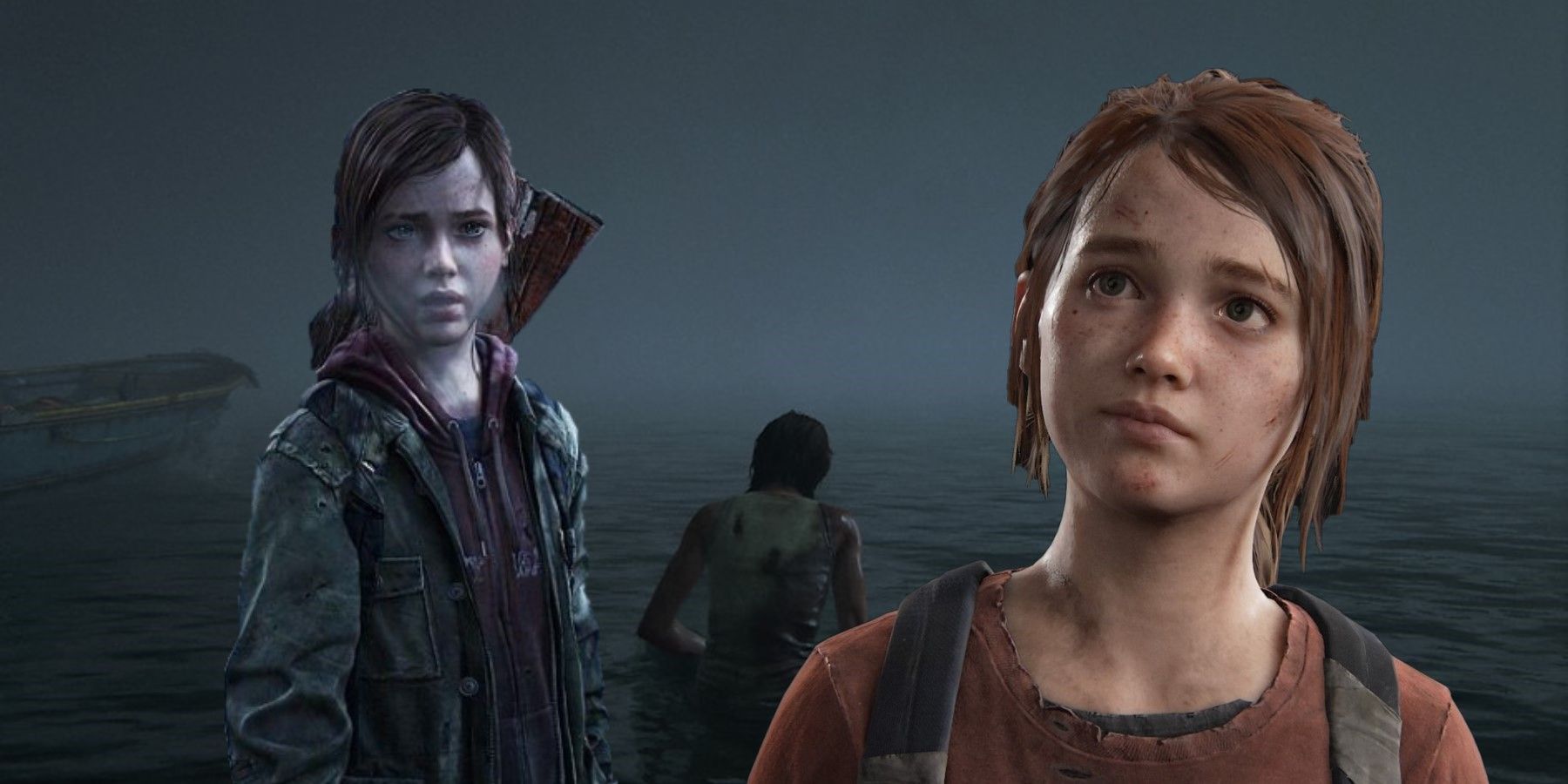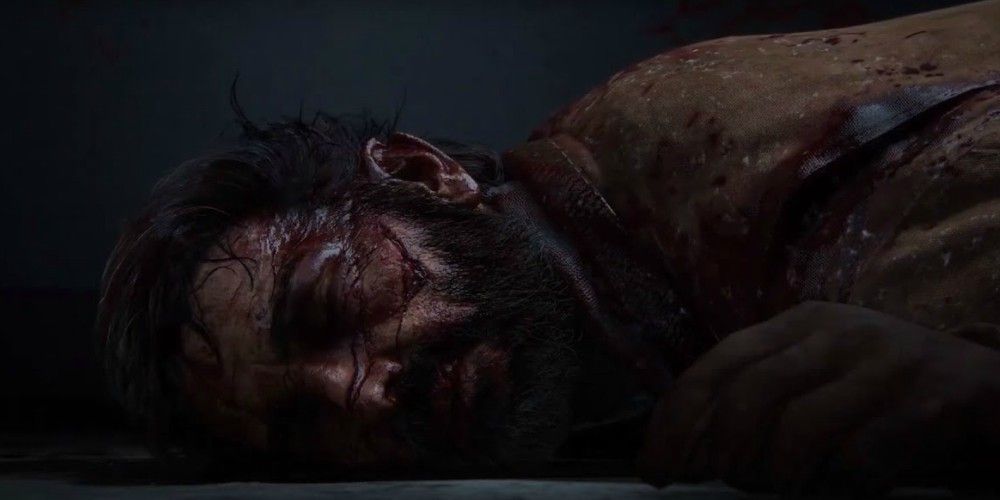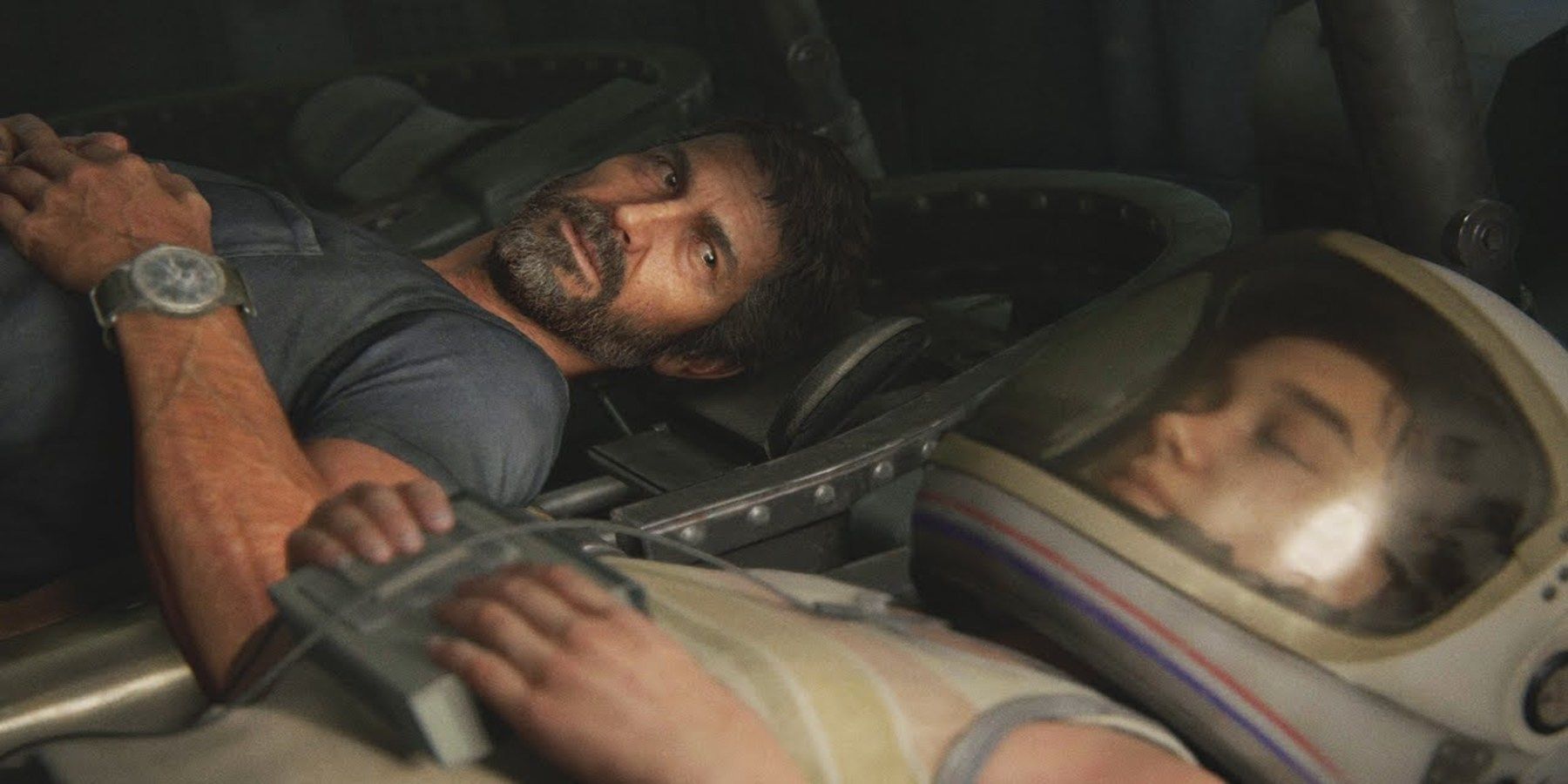The Last of Us 2 and its predecessor have been praised for the way they handle their characters, who are well crafted and seamlessly navigate the stories told in a universe where violence and surviving in a harsh world are too common. In the first game of the series, players got acquainted with Joel, a man who lost too much to properly express his own feelings without often being emotionally stunted. And yet, he learned to care for a young girl by the name of Ellie, who reminded him of his daughter Sarah. The two formed a strange, wholesome bond, and they began to trust each other and depend on one another, to the point that Joel risked everything to save Ellie from certain death - even if it came at the cost of negating humanity a cure for the CBI.
The gesture was made out of love, but Ellie was already suffering from survivor's guilt at the time, and when she learned what Joel had done to save her, her trauma intensified. In fact, Ellie's survivor's guilt started with The Last of Us: Left Behind, a prequel to the first game where players got to control Ellie and explore her relationship with Riley, her childhood friend. After they were attacked by the Infected, both of them discovered they had been bitten, and they had to start pondering what would happen to them when they eventually died and the Cordyceps virus took over. Riley did die, but Ellie didn't because she was immune. And, tragically, she ended up being the one "left behind."
Ellie's Survivor's Guilt in The Last of Us 2
Survivor's guilt can be extremely destabilizing for those who suffer from it, as it often means reliving traumatic memories through flashbacks, feeling helpless and afraid, obsessively thinking about the event that caused it, and feeling angry or even suicidal. A world where life was already unfair, such as that of The Last of Us, immediately became even more so to the eyes of Ellie. She was spared purely by chance and was left to wonder why she was immune and why Riley had to die. These are just examples of what Ellie might have thought, and her survivor's guilt started to become more than that - eventually turning into post-traumatic stress disorder, PTSD.
People Ellie cared about died all the time, but she always managed to survive through that, and all these events ended up strengthening her survivor's guilt through the deaths of Tess, Marlene, Jesse, and, most of all, Joel. Ellie didn't necessarily want to die when the events of The Last of Us took place, but in a confrontation with Joel in The Last of Us 2, she revealed that she was ok with the idea of sacrificing herself for the greater good, and she couldn't forgive Joel for making that call for her. The two were in a bitter place in The Last of Us Part 2, which makes it all the more heartbreaking that they only got to be on better terms mere hours before Joel was brutally murdered by Abby.
The fact that it happened in front of Ellie was even more excruciating for her, who kept wondering why she survived once more, to the point that she became obsessed with revenge and killing Abby. She tried, and she was defeated, at the cost of losing Jesse and almost losing Tommy and Dina as well. This didn't suffice to make Ellie forgive and forget, and while she was living a good life with Dina and their baby, she still had episodes where she would break down completely.
That's what led Ellie to pursue revenge against Abby once more and to walk out on Dina in anger and bitterness. And yet, in her final confrontation with Abby, Ellie's mind filled with positive memories of Joel, and she knew she had to let Abby go - just as she was finally starting to cope with her grief and the fact that she had somehow survived, and she was wasting that chance. Overall, The Last of Us' narrative, and especially The Last of Us 2's, did an exceptional job at depicting Ellie's struggles in a way that made her more credible in her choices, which were mostly dictated not by sound logic but rather by trauma and lack of self-esteem.
The Last of Us 3 and Ellie's Future
Ellie did not heal from survivor's guilt at the end of The Last of Us 2, and that's a process that takes a very long time - and it might never go away in a world where death may come at any time. That unsettling feeling of The Last of Us' events makes it easy to fall victim to negative emotions, particularly so if they are already there, and Ellie learned that at a high cost. The fact that she struggles to play an out-of-tune guitar at the end of The Last of Us 2 is a great metaphor for her journey, as she lost her fingers and her loved ones, but she still tries to remember Joel through his songs.
Letting go is part of overcoming survivor's guilt, and Ellie is shown in a moment where she is trying to accept that loss, that profound grief, and still live on. She is not as tormented by her ghosts as she was at the beginning, and she seems determined to find Dina and reconnect with her. It's not clear what the future holds for Ellie, but The Last of Us 3 could use new protagonists to give both Ellie and the players time to heal after the events of The Last of Us 2. Ultimately, Ellie needs peace and quiet for a long time, so she can overcome her survivor's guilt - or at least, make it so it doesn't hurt too much, too often.
The Last of Us 2 is available now on PS4.






